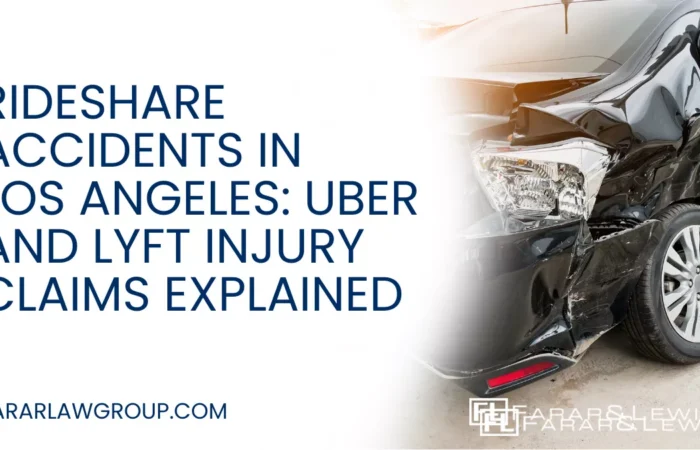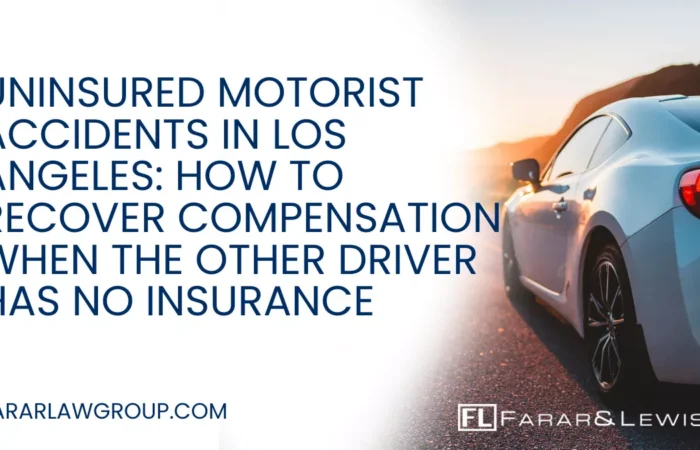The question of a property owner’s liability for injuries sustained as the result of an animal attack usually is decided on the issue of premises liability if the animal in question was a domesticated animal. In this Q & A, we will look at this question as if the animal was non-domesticated or “wild.”
Q: I was attacked by a wild animal while on someone else’s property. Am I eligible for compensation?
A: As a rule, property owners are not liable for damages to others that occur due to events which are beyond the control of the property owner. However, if it can be shown that the property owner could have reasonably expected that his or her actions would entice or lure a “non-domesticated” or “wild” animal onto the property, and that such an animal would be expected to cause harm if it felt threatened, a case could be made for liability.
Q: What is considered a “wild” animal?
A: A wild animal is any animal that is not commonly thought of to have been domesticated in the past. As an example, a buffalo is a very large and, according to most park rangers, a very mean-tempered animal. The fact that some buffalo are kept in pens at a zoo and carefully fed by handlers does not mean that some buffalo have been domesticated and therefore pose no danger to a visitor.
Q: What is a “domesticated” animal?
A: A domesticated animal is any animal that is commonly kept as a pet, on a farm or ranch for food production, or for purposes of entertainment and/or educational activity at a zoo or some similar facility. Practically all currently domesticated animals are descended from animals that originally were wild but were domesticated in antiquity.
Q. Is a property owner liable if a visitor is attacked by an animal that, before the attack, was considered to be tame or domesticated?
A: Yes. A prudent property owner will always take reasonable precautions to protect a visitor. If it could be foreseen that an animal might become frightened, or think that its owner was under attack and attack in defense of the owner, the owner would be held liable.
Q: What about liability of the owners of “wildlife parks” or other such attractions?
A: Yes, the owners and/or operators of such attractions are considered liable for any injuries that were caused by an animal that is normally present on that property. This does not mean that a visitor will be awarded damages if they were injured and later filed a lawsuit. In another example, consider the case of a visitor to a wildlife park who deliberately ignores all instructions to keep the windows on his car rolled up.
The property owner would more than likely successfully invoke the doctrine of contributory negligence by arguing that the injured party was completely to blame for his own injuries if he was attacked by a lion.
Q: Are property owners always free from liability in wild animal attacks?
A: No. While property owners are usually exempt from liability, there are situations where a property owner would be held liable for such an attack.
If a property owner deliberately leaves food on the property, and that food attracts animals, the property owner would be liable because the animal would probably have avoided the area had it not been for the presence of food. The same would be true if the owner improperly disposed of food wastes left behind by visitors.


